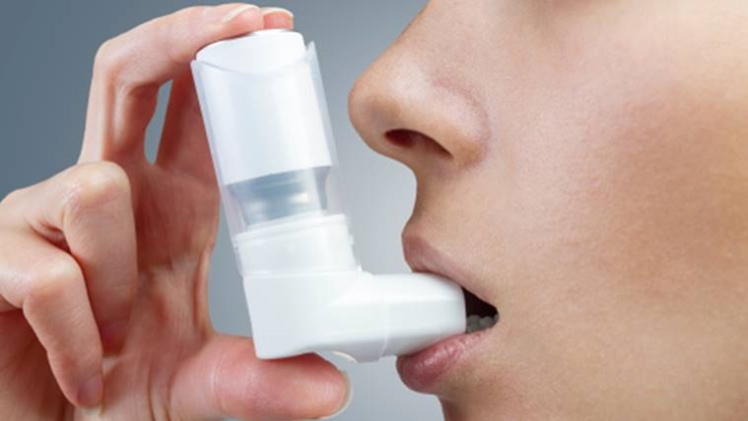Asthma is a common respiratory condition that affects a lot of people and can possess life-threatening asthma attacks which could be lethal. Read the following Pharmica article to ensure that those risks associated with asthma are minimised and you are aware of the potential triggers and risks associated with the condition.
Travelling:
Asthma is a condition that is often triggered by variables of your current environment. Therefore, any significant and unknown changes in your surroundings could potentially contain a new trigger for your asthma attack that you are not familiar with. To ensure that this risk is minimised, it is important to:
- Research the new environment – if you are planning to travel into a new environment that you are not familiar with, ensure that you are aware of the common asthma triggers in that area to make sure that you can avoid and minimise exposure to those triggers.
- Bring enough treatments and medications – always check that you have enough medications and treatments with you, preferably with enough medications to cover couple more days of your treatments as well as any other emergencies. Also, ensure that you have backup asthma treatment inhalers like Ventolin with you at all times.
- Prepare and keep emergency details on you at all times – asthma attacks can be life-threatening and therefore, while travelling, always carry the emergency and vital information like IDs, prescriptions and contact details with you at all times
While at Work:
Being at work can also put you into an unknown environment where you could encounter unknown asthma triggers, potentially leading to asthma attacks. Therefore, it is important to discuss your working environment with your doctor as well as the management to ensure that the exposure to those triggers is minimised. Common triggers like mould, dust, pollen as well as chemicals can often be the primary cause of asthma attacks. Avoiding them, as well as learning how to manage stress, could assist with ensuring that your professional working environment is safe.
While at Home:
However, the most important step to effectively manage your asthma is to make sure that your home environment is free from any potential triggers. It is important to know that everyone have different triggers and therefore trial and error approach, combined with complete research, can help with minimising the risks.
click here for more : moviescounter
Consulting with Doctor:
Ensure that you always carry and take your prescribed asthma treatments as instructed by your doctor, even if you are no longer experiencing the symptoms. Also, make sure to check in for your asthma regularly, especially if are starting to experience more attacks or unknown triggers too. Finally, one of the most important instructions is to ensure that you always carry your inhaler with you at all times, preferably with an additional backup asthma inhaler at hand. For More Information Visit This Site: thefrisky

